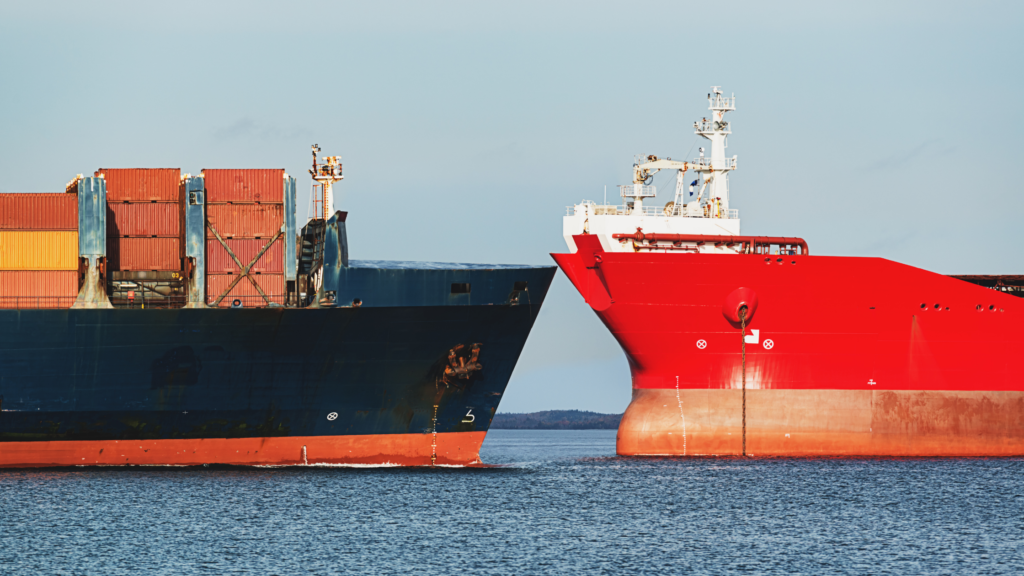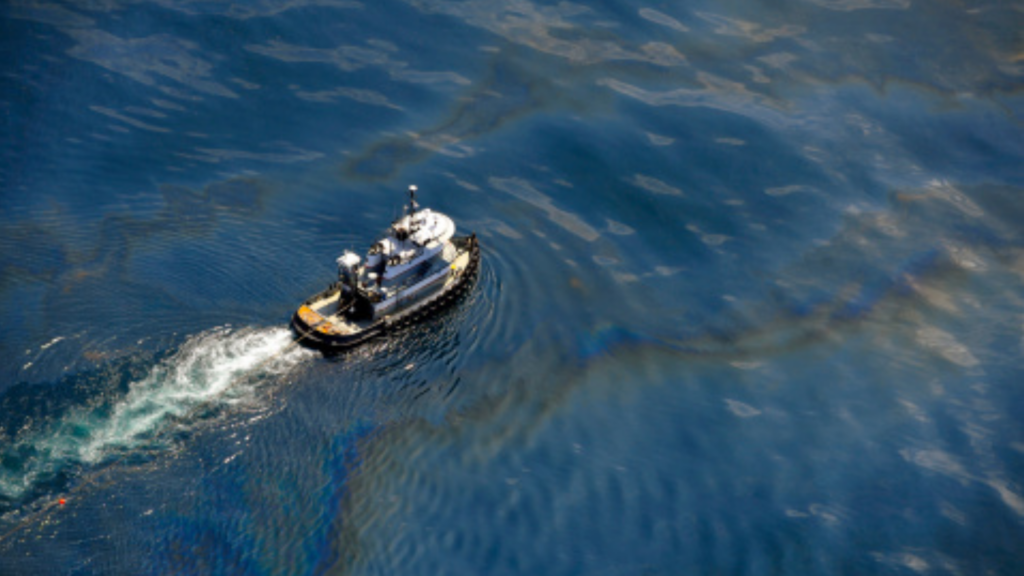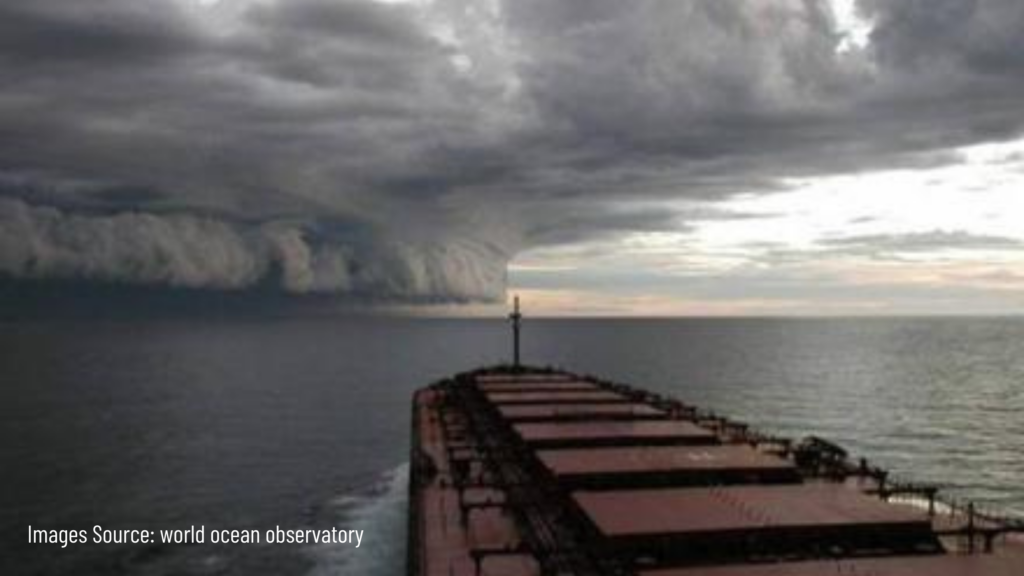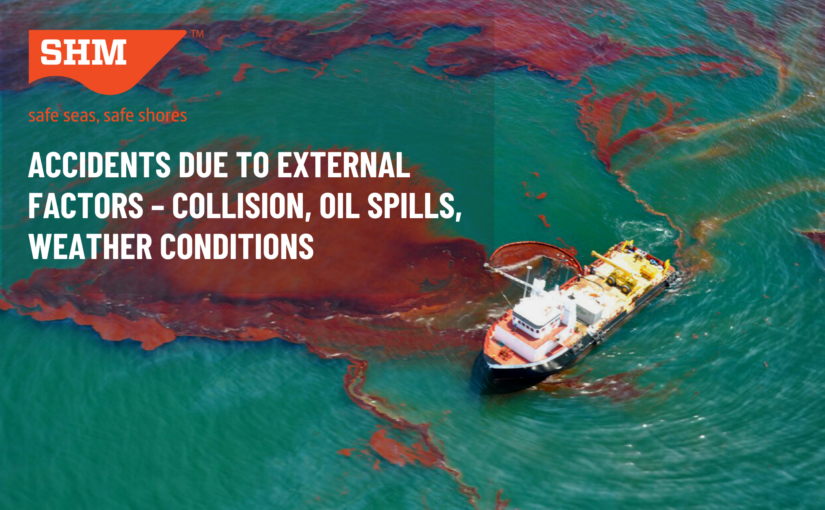The shipping industry is the backbone of trade across the globe. Even though shipping is an efficient alternative for trade and transportation, there are several risks as well. The ocean is unpredictable, and mishaps and accidents are inevitable. As a result, companies are now adopting innovative technologies to minimize errors, but the probability of such incidents remains high.
Marine accidents and the current scenario
Maritime accidents are unexpected events that cause significant damage to the ships and leave a lasting impact on the marine ecosystem. Various factors influence such events like technical failures and shipping factors. There are also several external factors like route conditions, unfavorable weather, and human errors, which contribute to such accidents.
More recently, an oil tanker ship spilled about 6,000 barrels into the sea near Lima, Peru. The incident led to the declaration of an environmental emergency and has resulted in several beaches being closed. Several volunteers and professionals are working for the cleanup and helping the affected wildlife consisting of seals, fish, crustaceans, and birds.
The above incident is not one of a kind. Over the last few years, maritime accidents have occurred frequently, resulting in injuries, fatalities, property damage, and environmental damage. Marine pollution is a serious issue that is increasing over time and occurring mainly due to such accidents.
Accidents that occur due to external factors
Marine accidents and incidents may also occur due to external factors. Here are a few listed below –
1. Collision

Even though there are rules for navigating ships in the water, accidents still happen due to several factors. When a vessel collides with another vessel or an object in the ocean, the impact can be devastating for the people on board, and the environment.
Types of Collisions
There are several different types of collisions that can occur. They are –
- Side Collisions – When a ship is hit on the side by another ship
- Allisions – When a vessel collides with another object
- Stern Collisions – When one ship collides with the back of the other ship
- Bow-on Collisions – When two ships collide with each other from the front
These collisions can happen due to different causes like human errors, equipment failure, and infrastructure. External factors like bad weather conditions can also contribute to the collision of vessels at sea.
Collision results in significant damage to the lives of crew members and the ship structure and can result in the destruction of the cargo as well. It can also cause the cargo or fuel from the ship to spill into the ocean. Powerful collisions can leave harmful debris, sharp parts, and other non-biodegradable objects to float on the surface of the water for a long time. They can hurt the marine ecosystem if not cleaned up, thus disturbing the balance of the natural ecosystem.
2. Oil Spills

Many times, collisions can also result in oil spills. There have also been several accidental oil spills, byproducts of marine transport, and sinking of tankers that pose a threat to marine and coastal ecosystems. Oil spills not only cause environmental damage but also significant economic damage.
What is an oil spill?
An oil spill is when liquid petroleum hydrocarbon is released into the marine ecosystem, mainly due to large ship accidents and cruise ship accidents.
In the last few years, there has been a surge in the occurrence of oil spills. Even though there are various causes of oil spills like natural seeps, pipelines, technical failures, and deliberate releases, it mainly occurs due to oil tankers and vessels. Accidental oil spills account for 8-13% of all oil spills.
Methods for oil spill cleanup
Oil spills are also the most difficult to clean up and are expensive. The type of oil that is spilled, the temperature of the water, and the proximity of beaches to the spillage are some factors considered while cleaning an oil spill.
Some methods for oil spill cleanup include –
- Bioremediation – Oil spill bioremediation uses microorganisms, known as biological agents, to break down the oil.
- Controlled burning – When there is low wind on the ocean, controlled burning can reduce the amount of oil in water by igniting it. However, it causes air pollution and needs to be done properly.
- Dispersants – This reduces settling and clumping and disperses many specific oils from the surface.
- Skimming – If the water is calm, vessels are sent to the oil spill site for collecting the oil on the surface.
As the oil floats on water, it is harmful to aquatic life. It destroys coral reefs and coats the furs and skin of animals, making it hard for them to breathe.
3. Weather Condition

The weather around the ocean is unpredictable and is constantly changing. If the weather turns from bad to worse, many large vessels may not withstand the extremities. It can also cause ships to get blown off course and face significant damage.
Many times, ships run aground in shallow waters or into reefs which cause the ship to deteriorate in condition. Additionally, the regularly occurring swells, heavy currents, winds, typhoons, and cyclones also cause ships to sink and crewmates to fall overboard. Ships caught in an unfavorable weather condition, often capsize or sink
However, with the help of new and upgraded technology, forecasting, and navigation systems, it is possible to steer clear of parts with bad weather conditions.
Why do ship accidents cause marine pollution?
As shipping is carried out on a massive scale globally, shipping accidents directly affect the marine environment. Oil spills are one of the largest causes of marine pollution as they cause solid waste, oil, and other debris to spread across the water and damage the marine ecosystem.
Preventative measures to minimize the impact of these accidents
Accidents at sea happen mostly due to human error, negligence, overreliance on technology, natural factors, and distractions. Even though all marine accidents cannot be eradicated, it is still possible to adopt preventative measures to minimize the impact of these incidents.
Companies can create awareness about safety and give the crew comprehensive safety training. For this, it is essential to build a safety culture and assess risks with the help of GPS, radars, and other technological tools available.
In case of accidents, it is also best to use lifebuoys to keep people afloat, send out smoke signals for immediate assistance, have fire extinguishers on board as well as carry out regular inspections to minimize machinery malfunctions. The crew can also be trained to prevent oil spills and trained to clean the spill for prompt damage control.
The above-mentioned external factors cannot be foreseen or prevented. However, it is possible to curb these accidents by carefully implementing the necessary preventative measures.



